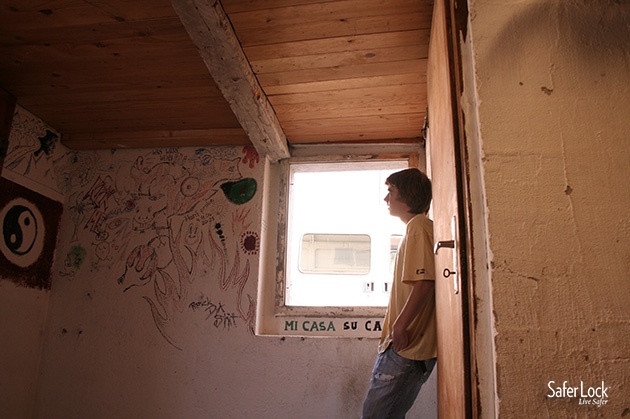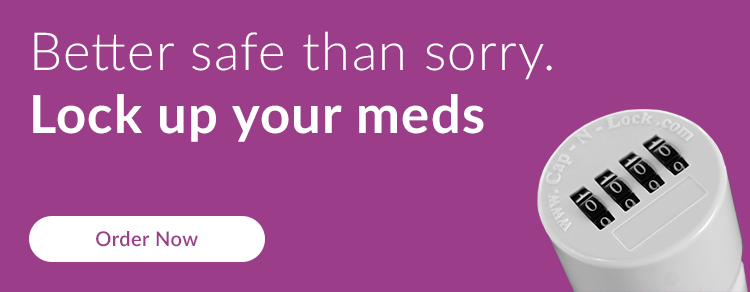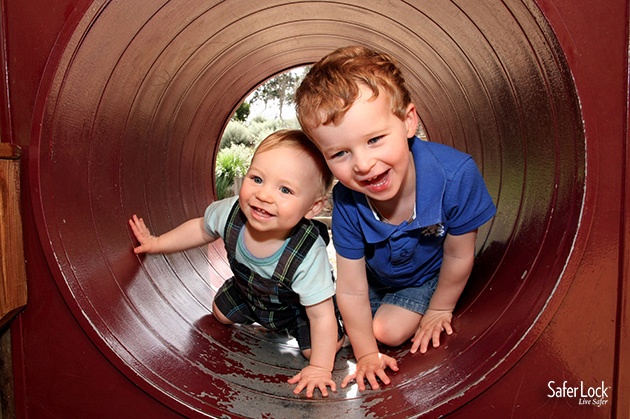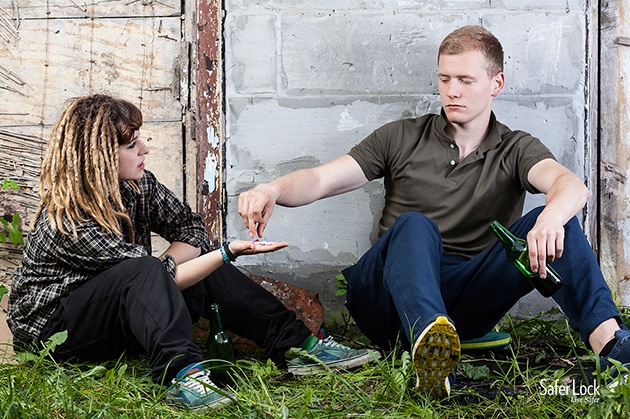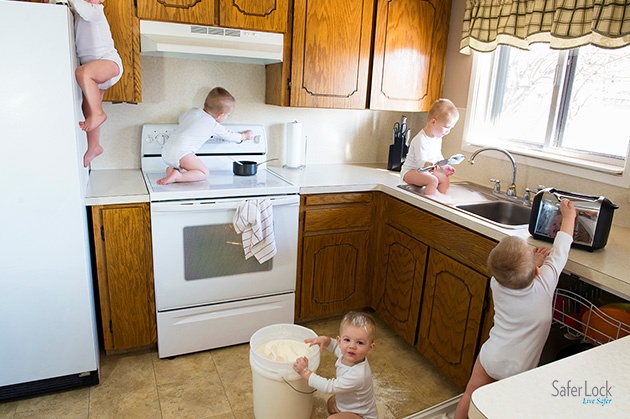Your child will be influenced by his peers. Friends and classmates will play a large role in his social and emotional development, and their influence will begin early and increase through the teenage years. Peer influence is not always a bad thing, and it is definitely an important part of your child growing and learning to rely on his friends, and himself.
Positive peer influence can include helping each other to develop new skills, or stimulating an interest in extracurricular activities, sports, exercise or music.
The pressure to behave in a negative way, however, can also come from your child’s peers. According to the American Academy of Childhood and Adolescent Psychiatry, the majority of teens with substance abuse problems began using drugs or alcohol as a result of peer pressure. Kids want to fit in and be liked, and may worry that they will be left out, or made fun of, if they don’t go along with their friends.
As a parent, you can help give your child the tools to resist negative influences, and maybe to exert a positive influence of his own. Here are six ways to raise a peer pressure proof kid.
#1 Have Honest Conversations With Your Kids
Talk with your kids. Let them know they can come to you if they are feeling influenced to do things that feel risky. Teach them ways to recognize and resist pressure, such as understanding their own values, feeling confident in their actions, how to choose friends that are positive influences, and that they can always talk to an adult. As a parent, you have a unique position of influence yourself. Research has found that for 2 out of 3 teens, losing their parent’s respect is the major reason they will turn down alcohol or drugs.
#2 Help Your Child Develop Self Confidence
Kids who feel good about themselves and who can be assertive are less vulnerable to a negative influence from their peers. If you have a child who tends to be a people-pleaser, you may want to work hard to free them from their own negative thought patterns that they need to behave a certain way to make other people happy. Allow children to try their different ways to accomplish things on their own, so they can see that there is more than one “right” way to reach their goals. Don’t offer retribution or isolation if your child attempts to share a point of view or express their difference of opinion.
#3 Know Your Kid’s Friends, and Their Parents
Pay attention to who your kid is spending time with, who comes to your house, and what the dynamic is in their relationship. Encourage your kids’ friends to spend time at your home so you can meet and get to know them. If possible, build a relationship with the parents of the children spending time at your home, as well. Share thoughts on drug abuse, alcohol, and other concerns to see if you are on the same page. Set guidelines and rules that can be followed at your home, or at their home.
#4 Have a Plan
Before your teen heads out into the world, be sure you have a plan that will help them get out of a risky or uncomfortable situation. One way to do this is to agree that you will always go to get them, with no questions asked or repercussions brought, if they need you to do so. You can also be the “heavy” in front of their friends, and let your kid use you as an excuse to say no in a situation. “My mom will kill me if I smoke,” or “If my dad catches me drinking…” can be an easy way for your kids to get out of a peer pressure situation.
#5 Encourage Healthy Activities
Bored kids tend to get into trouble. Help your kids and their friends stay active and busy with fun and distracting activities such as music, sports, art, exercise, community involvement, or part time jobs. Keep track of where your child is and who he is spending time with, asking questions and checking in regularly. Research has found that young people who are not monitored by their parents are four times more likely to use alcohol and drugs. Keep them busy, and keep an eye on them to help keep them out of trouble.
#6 Keep Track of Alcohol and Prescriptions
The most common source of prescription drugs and alcohol for kids is their parent’s homes. You can help protect your kids from a momentary lack of discretion or pressure from a friend by securing all prescriptions with locking medicine storage, and keeping alcohol securely locked away.
You may think your teen would never take your pills, but new research shows that teens make decisions differently than adults. According to the National Council on Alcoholism and Drug Dependence, Inc., teens will consider the risks and rewards of a behavior, but are more prone to ignore the risk in favor of the reward. When researchers examined brain activity, they found that having friends present activated the reward center of teen’s brains when they made a risky decision. The desire to impress friends may actually override the fear of taking risks for teens.
You can take many steps to help raise peer pressure proof kids, but the biggest step you can take is to not leave the opportunity for them to get to prescription drugs or alcohol in your home.
